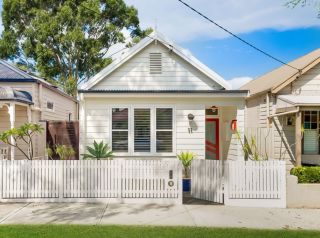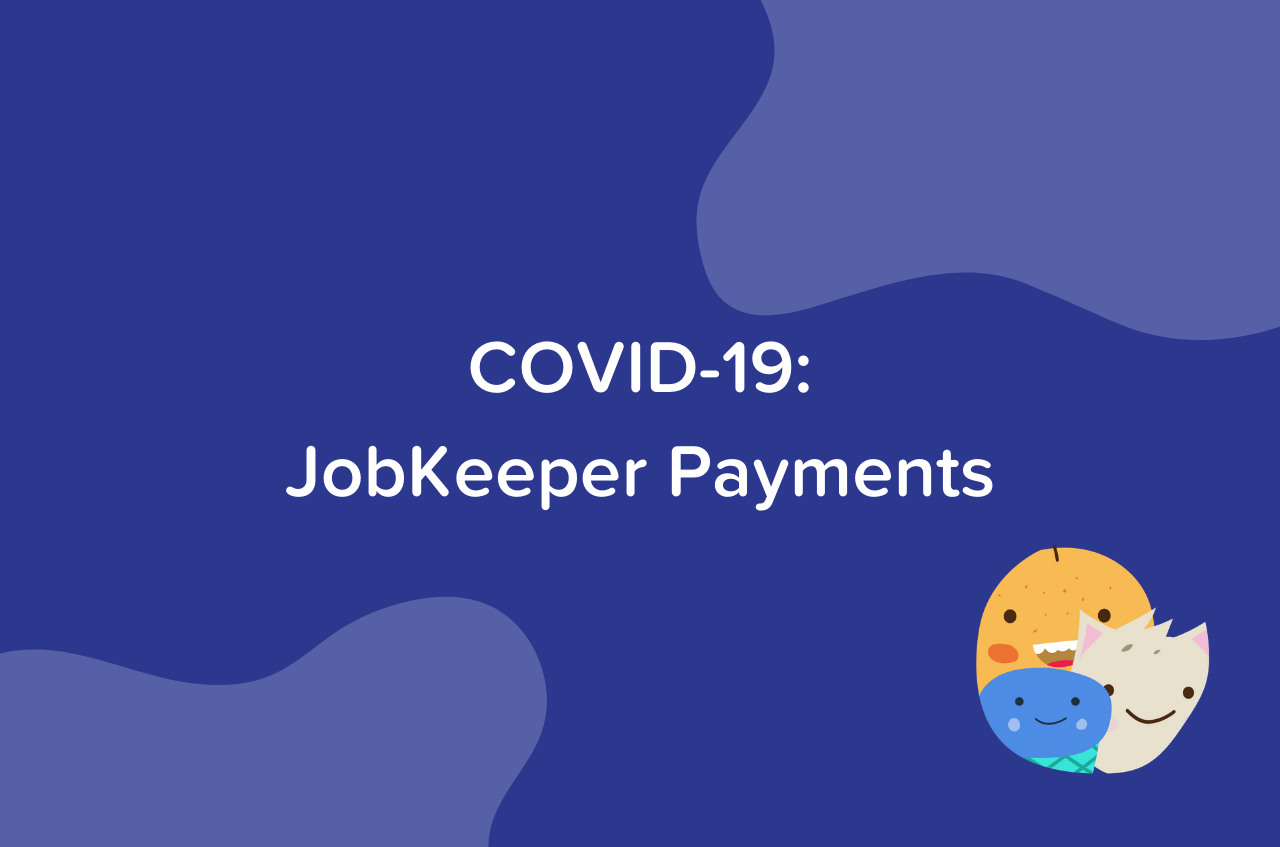First-home buyer’s guide: How to set a budget for your first home
If you’re a first-home buyer, your budget will be based on how much money you can borrow.
It’s tempting to base your budget on properties available for sale in your favourite suburb but, ultimately, you’ll need to firstly consider your deposit and your borrowing capacity.
It’s wise to speak to a lender or mortgage broker at the very beginning of your home-buying journey. Even if you don’t have a big deposit saved, they will be able to advise on how much you will need for a deposit for the kind of properties you are interested in, which gives you a goal to aim towards.
They may also help you realign your expectations, as your ideal suburb or property type may be more expensive than you can afford as a first-home buyer.

Daniel Butkovich Domain Advice Editor
How much can I borrow?
To find out how much you can borrow, you will need to speak to a lender such as a bank or building society, or a mortgage broker. The lender calculates a maximum loan amount based on your income, savings, assets, expenses and credit history.
Although lenders will tell you the maximum amount you can borrow, this doesn’t necessarily mean you should borrow up to your limit. Ongoing mortgage repayments are higher for bigger loans, and other costs of owning a home, such as council rates, strata fees and insurance can add up.
Compare your after-tax income with your estimated ownership costs, as well as general household expenses such as groceries, bills, transport, schooling and leisure. If you feel there is only a small amount left over for non-essential purchases like dining out or holidays, you might want to consider a smaller loan. Alternatively, consider whether you can cut back on expenses and live more frugally as a home owner until your income rises.
Put yourself through a “pressure test” before determining your financial limits. Can you handle a 2 per cent interest rate rise? Do you have enough money set aside to make your mortgage payments for a few months if you lose your job? No matter how secure your job seems today, something could happen in the future. Being ready for the worst will ensure you land safely on your feet if or when it does happen.
Originally published by Domain




